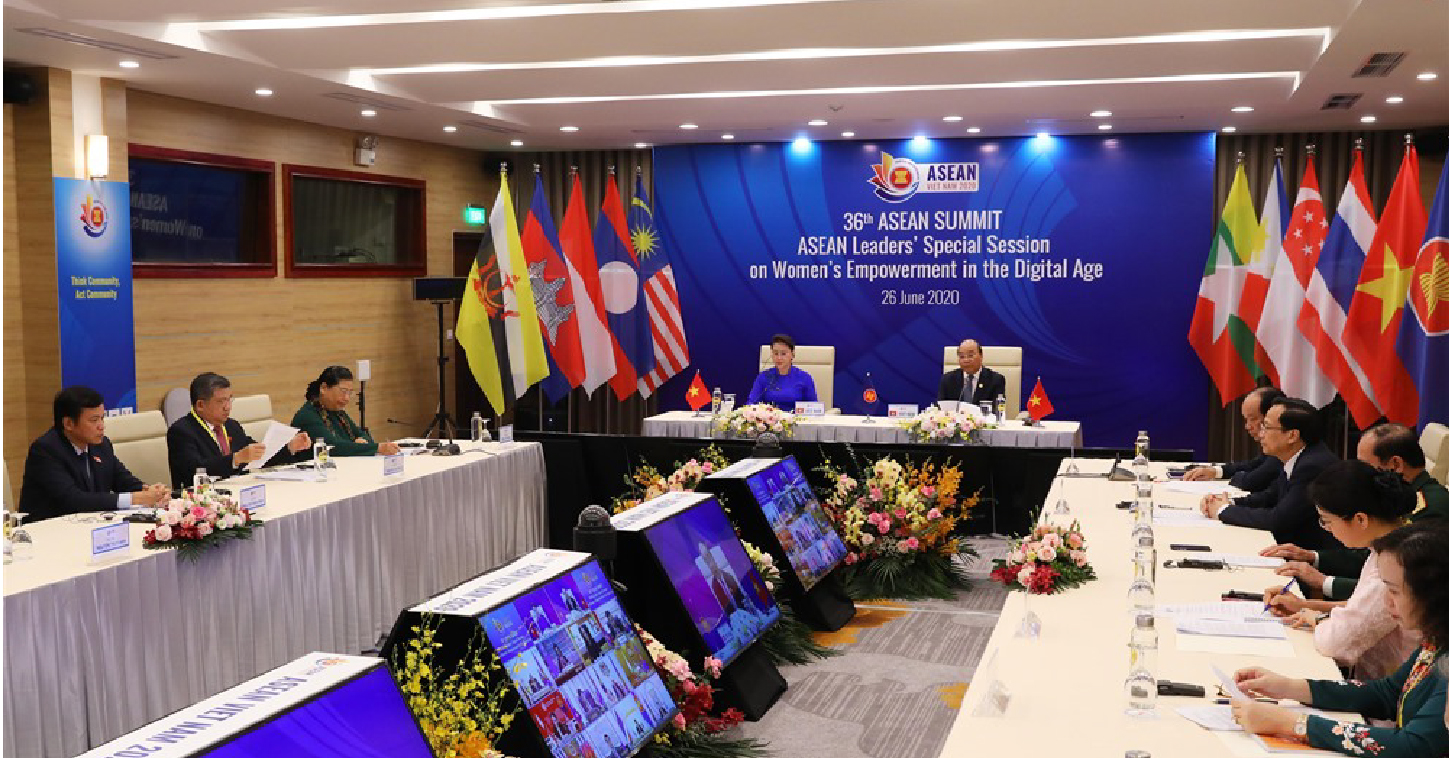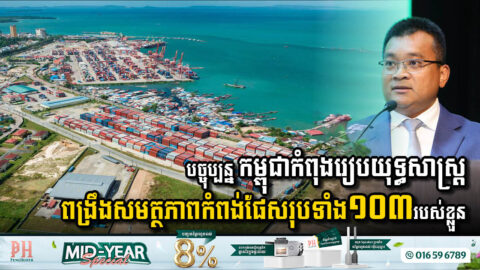Cambodia Enhances Port Management and Development: A Workshop for Zoning Strategies
In an effort to strengthen administrative management and enhance efficiency across its maritime operations, Cambodia is focusing on its 103 ports. The Ministry of Public Works and Transport is currently developing comprehensive zoning documents as part of the “Capacity Building Project for Port Administration Management.” This initiative was outlined in a recent workshop led […]
Government Proposes Enhancements to Phnom Penh-Sihanoukville Expressway Aesthetics and Safety
In a significant effort to enhance the visual appeal and safety of the Phnom Penh-Sihanoukville Expressway, the Concession Agreement Management Committee convened discussions on June 2, 2025, featuring representatives from the Ministry of Public Works and Transport, the Ministry of Economy and Finance, and various industry experts. The meeting focused on five key proposals aimed […]
Cambodia and Japan Unite to Enhance Job Opportunities for Cambodian Students in IT
In a significant collaborative move, the Ministry of Posts and Telecommunications of Cambodia has partnered with around 135 digital technology companies from Tokyo and Osaka, Japan, to promote the Japanese IT Pathway initiative. This program is designed to help Cambodian students, particularly those in technology and digital fields, secure employment in Japanese tech companies. The […]
Cambodia and Japan Strengthen Collaboration on Flood Risk Management at Sangke Dam
In a significant move to enhance flood risk management, Cambodia and Japan have pledged to work together on the operations and management of dams and watersheds along the Sangke River. This commitment follows productive discussions held on June 2, 2025, between officials from Cambodia’s Ministry of Water Resources and Meteorology and Japan’s Ministry of Land, […]
Government Unveils Special Incentives for Ten Major Projects in Sihanoukville
In a significant boost to the local economy, the Investment Promotion Team in Sihanoukville has announced its decision to grant special incentives for ten investment and business projects, collectively valued at approximately USD154 million. This initiative aims to attract new investments and enhance the growth of the area, according to an official announcement made on […]
Kampong Thom Province Launches Pilot Project to Enhance Street Food Hygiene
In a significant move to improve public health and bolster tourism, the Ministry of Industry, Science, Technology, and Innovation, in collaboration with the Kampong Thom Provincial Authorities, has officially launched a pilot project aimed at elevating street food hygiene standards. The launch ceremony took place on May 24, 2025, and was presided over by HE […]



 ខ្មែរ
ខ្មែរ







